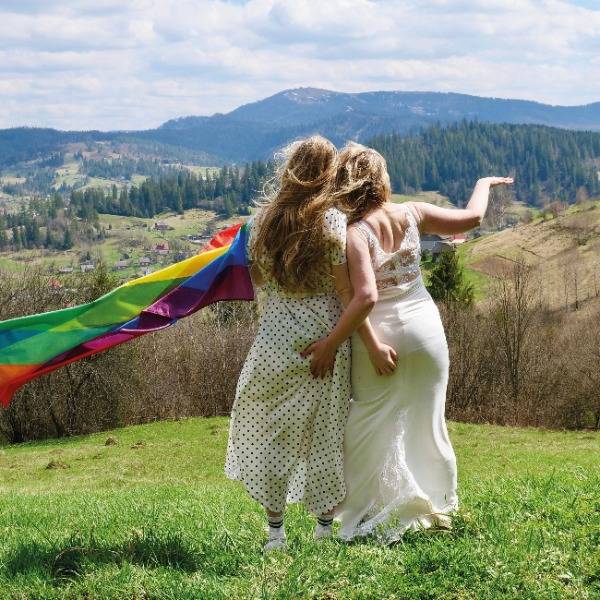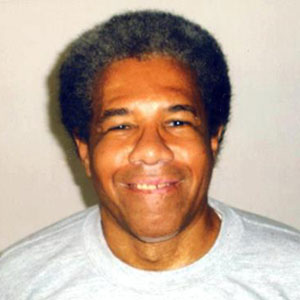
Witch allegation and persecution in Africa has not been given the attention it deserves. It wreaks havoc on people’s lives across the continent, as alleged witches are perceived as enemies to the society who should be exposed, disgraced or eliminated – treated without mercy or compassion. The victims – disproportionately women, children and people with disabilities – are abandoned, subjected to trial by ordeal, lynched, banished from the communities or imprisoned. In northern Ghana, thousands of women have been expelled to witch camps, accused due to anything from disputes over property to explaining away illness or general misfortune. Simply put, persons who are accused of witchcraft are denied their basic humanity and human rights.
A 2010 Gallup Poll, conducted in 18 countries, showed the pervasiveness of the belief in witchcraft in sub-Saharan Africa including 95 percent in Ivory Coast, 80 percent in Senegal, 77 percent in Ghana and Mali. Until now, the campaign against witch persecution has largely been dominated and driven by NGOs and activists that have refused to call witchcraft belief by its name: myth or superstition.
On the one hand, this vicious phenomenon has been used as a medium for re-evangelisation. In the Congo DRC, Ghana and Nigeria, witch persecution has been linked to the activities of churches, pastors and mallams and to strands of Africanised Christianity and Islam. Christian missionary groups may convert alleged witches or perform exorcisms, which can threaten the lives and health of the victims. On the other hand, foreign missionary groups can use witch persecution to promote forms of Christianity and Islam that seem to be opposed to these practices, along with the African religious formations that sanction them.
Meanwhile, many Western NGOs, trying to avoid being labelled racist or neo-colonialist, have resolved not to designate witch persecution as an irrational superstitious practice that Africans should abandon.
In January, Advocacy for Alleged Witches was launched in response to pervasive cases of witch persecution and related abuses in Africa and to challenge mistaken ideas about witchcraft. AFAW aims to realize a critical mass of advocates in all African countries. Over the past three months, we have established contacts in Nigeria where I operate from, as well as Ghana, Kenya, Tanzania, Malawi, South Africa, Zambia, Sierra Leone, and Zimbabwe.
It is important to make it clear that AFAW is not an anti-religious initiative. We are not out to abolish religion, or to get people not to believe in God. AFAW seeks to work and partner with religious individuals and faith-based organizations that are committed to providing a robust response to witch persecution in Africa, eradicating this dark and destructive phenomenon. To this end, we have published a Decade of Activism Declaration for 2020 to 2030 that sets out AFAW’s humanist, skeptical approach and outlines our ultimate goal to create a witch-hunting free Africa.
While the Covid-19 pandemic will present a challenge, we hope it will also present an opportunity to raise awareness. There are fears that the health crisis could trigger more witchcraft allegations in communities across Africa. Witchcraft allegations are often ways people make sense of uncertainties and anxieties over terminal and incurable diseases. However, the coronavirus pandemic also presents an opening to correct misinformation, especially relating to occult, magical or witchcraft forces because it provides an opportunity to emphasize the importance of facts, science and evidence in the management of diseases and other misfortunes.
Media agencies across Africa often publish news and commentaries that reinforce witchcraft beliefs and magical thinking. For instance, in 2014, several newspapers in Nigeria reported the case of a ‘witch’ that lost her way while going to the ‘coven’. This was likely an old woman with dementia who lost her way. The media establishment constitutes a critical platform for the education and enlightenment of the public. AFAW advocates have already started visiting media agencies across Nigeria to inform them about its mission and vision, visits which sometimes include debates with journalists on the existence or non-existence of witches.
In March, I personally visited several child orphanage homes and shelters for victims of child witchcraft allegations in Nigeria, on behalf of AFAW. I visited a child orphanage centre in Eket, Akwa Ibom State, that houses 34 children. One of these children is a girl, now 16-years-old, that I rescued in 2011. Her mother had died shortly after childbirth and her father had later driven her out, blaming her and branding her as a witch. She had suffered greatly after becoming homeless and had been abducted by an older man. Locals drew my attention to her case while I was doing a public education campaign in the community.
The private childcare centre in Eket is doing laudable work, as are many of the other homes. However, I noted a looming resource crisis. The majority of these institutions rely on donations from well-meaning individuals. One of the caregivers said that they might have to soon start rejecting child witch victims. A long-term funding strategy is needed to ensure these centres are sustainable, complimented with intensive public education campaigns in the affected communities, helping to cut off the supply chain.
AFAW also has a campus program which aims to rally students against witch persecution and killing. The campus initiative became necessary after Christian students protested the organisation of an academic conference on witchcraft at the University of Nigeria Nsukka last year. Two events on “Who is afraid of witchcraft?” took place at the Universities of Ibadan and Nsukka in spring. Before the Covid-19 outbreak, we received requests from yet more campuses. To realise a witch hunting free Africa tomorrow, we must invest in the students of today.
Many Western NGOs and activists have refrained from criticising harmful traditional, cultural and religious practices such as witch persecution, witch hunting or witch trials because they do not want to offend the cultural sensibilities of Africans. They regard this as a gesture of respect for the African culture and religion. It is not. Religious, cultural practices that harm other human beings do not deserve respect. A critical examination of harmful beliefs and practices is an intellectual duty to Africa and the world.

